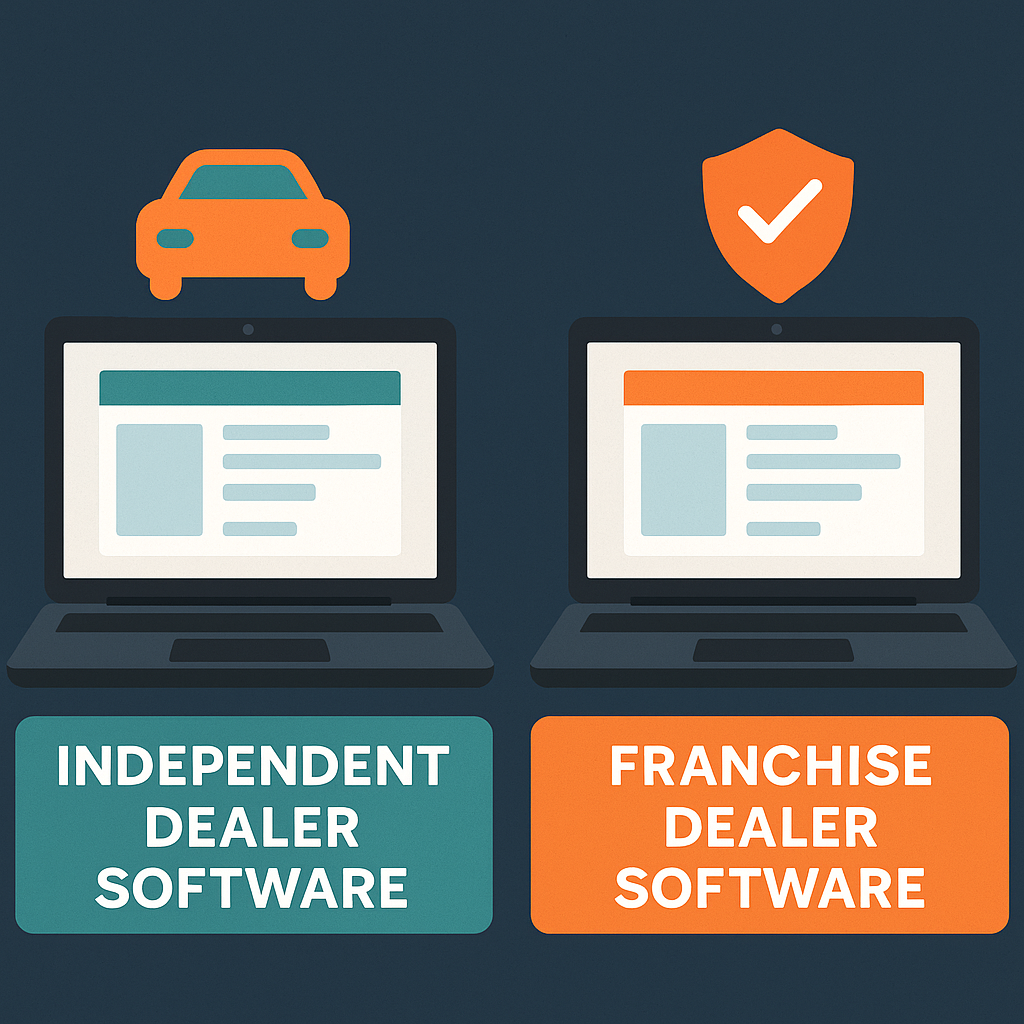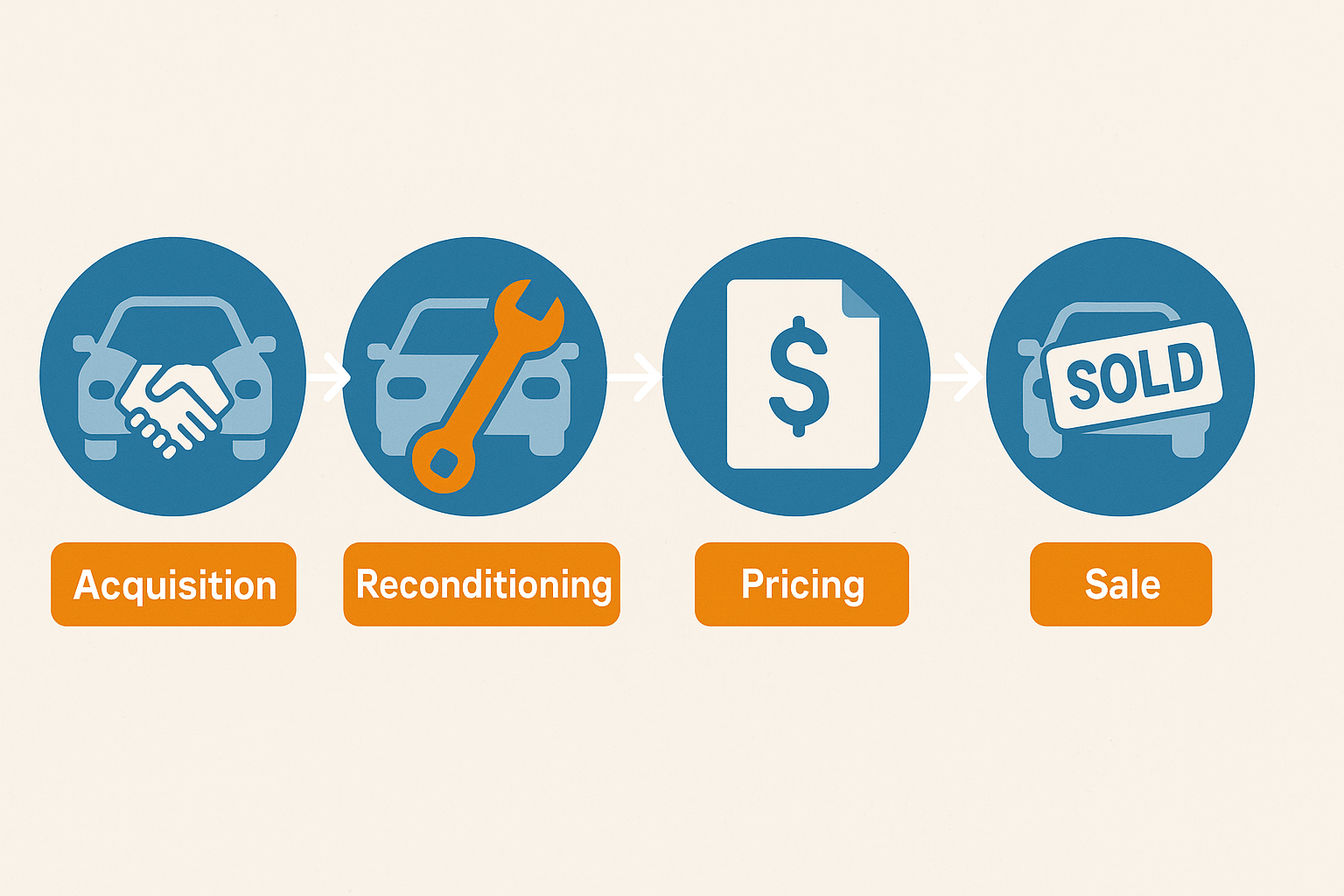Car dealerships rely on accurate vehicle valuations to maximize profits, ensure inventory turnover, and provide fair pricing to customers. The right valuation tool allows dealers to make data-driven decisions that impact buying, appraising, pricing, and selling vehicles. There are several programs available to car dealers, each offering unique features and data sources to assist in vehicle appraisals. In this article, we will explore the most popular valuation tools for car dealers, including Black Book, Kelley Blue Book (KBB), NADA Guide, and new industry disruptors like Carketa. By understanding the benefits and limitations of each tool, dealers can choose the best solution for their needs.
Popular Vehicle Valuation Programs:
Car dealers have traditionally relied on three primary sources for vehicle appraisals: Black Book, Kelley Blue Book, and NADA Guide. These tools pull data from various sources and provide dealers with essential market insights to help establish a car’s value, both for trade-ins and retail. Let’s break down the key features of each.
- Black Book: Often considered the most dealer-focused tool, Black Book provides real-time auction data, wholesale prices, and trade-in values. It is used by car dealerships to help determine the actual value of vehicles they are considering purchasing for resale. Black Book pulls from a wide range of auction and dealer sources, which makes it incredibly useful for setting wholesale prices.
- Kelley Blue Book: KBB is often favored by consumers as it offers a more retail-centric perspective. It provides both trade-in and private party values, but its data is widely used by consumers when negotiating the price of a vehicle. Dealers can use KBB to set retail prices based on consumer expectations and market trends.
- NADA Guide: The NADA Guide pulls from dealership transactions and provides vehicle values that reflect retail pricing trends. It is commonly used by dealerships for setting trade-in offers and retail pricing. NADA also incorporates regional pricing trends, which can make it a valuable tool for dealers with a nationwide reach.
Why Car Dealers Need Valuation Tools:
Valuation tools are critical for dealership operations. They are essential for three main functions: inventory management, appraising trade-ins, and pricing for sale. Without accurate valuation data, dealerships run the risk of overpaying for vehicles or pricing inventory too high, which could deter potential buyers. Valuation tools also help build customer trust, as car buyers increasingly rely on transparent pricing information.
- Inventory Management: By using these tools, car dealers can better understand the market and price their inventory in a way that ensures profitability and quick turnover. It also helps with sourcing the right vehicles, as vehicle valuation data can show trends on which types of cars are moving in the market.
- Trade-In Appraisals: Trade-ins can be a tricky business. Offering too little can scare off potential buyers, while overpaying could lead to a loss when reselling the vehicle. Valuation tools help dealerships make accurate appraisals that reflect the vehicle’s actual worth based on age, mileage, and market demand.
- Retail Pricing: Setting the right price for retail is key to both attracting buyers and ensuring profit. Kelley Blue Book and NADA Guide are especially useful in determining retail pricing strategies.
Comparison of Valuation Programs:
While all three programs offer important data, each serves different functions within a dealership’s operations.
- Black Book vs. KBB: Black Book is favored by dealerships for setting trade-in values and auction purchases, while KBB is more consumer-facing and helps set retail prices.
- NADA Guide vs. Black Book: NADA Guide is a more retail-focused tool like KBB, but with a greater emphasis on regional pricing trends, which can be useful for dealers with multiple locations.
- New Players like Carketa: Carketa’s market report provides competitive analytics that help dealers set prices not just based on vehicle history but also on current market conditions. It incorporates AI-driven insights to help dealers forecast market trends and make better decisions.
Conclusion:
Dealers looking to optimize their valuation process should carefully consider the tools they use. Depending on their needs—whether for trade-in appraisals, retail pricing, or auction data—each program offers distinct benefits. Additionally, newer tools like Carketa provide even more comprehensive insights into market trends and vehicle profitability. By incorporating these programs into their appraisal and pricing strategies, car dealers can ensure they’re making the most informed decisions.
Explore related articles to learn more about software solutions for car dealerships:






